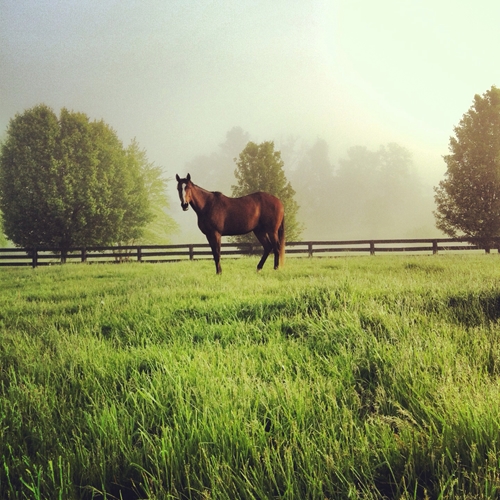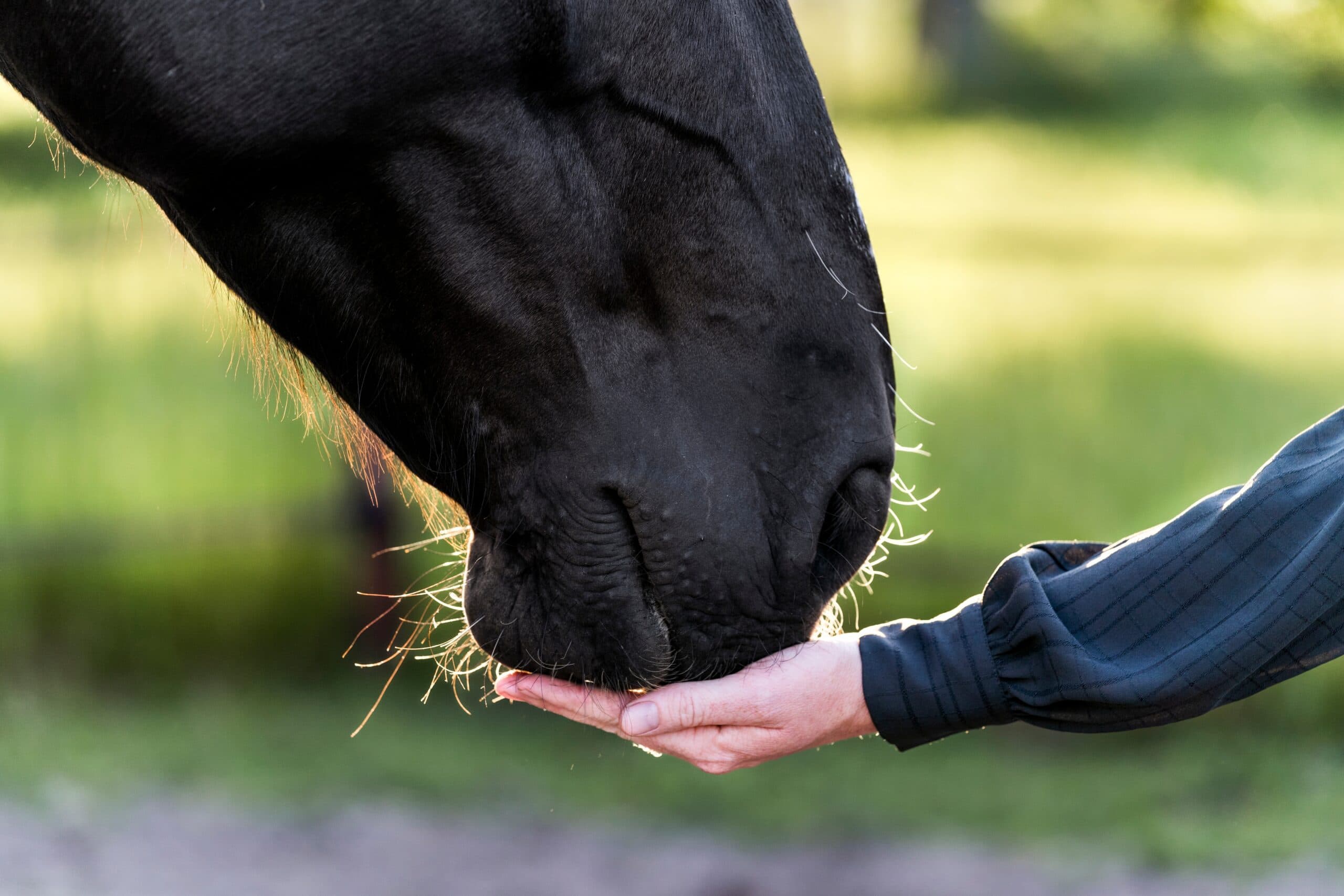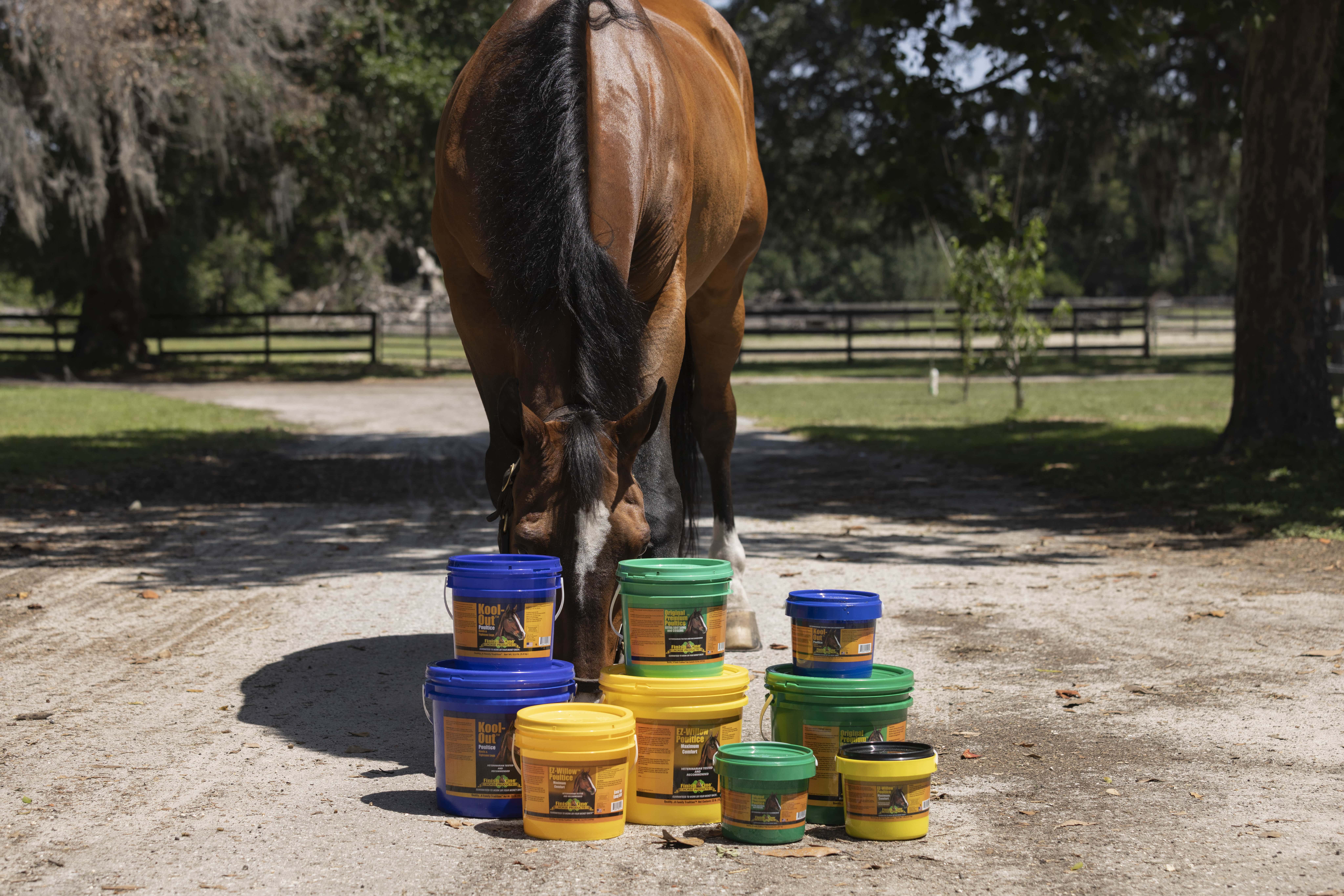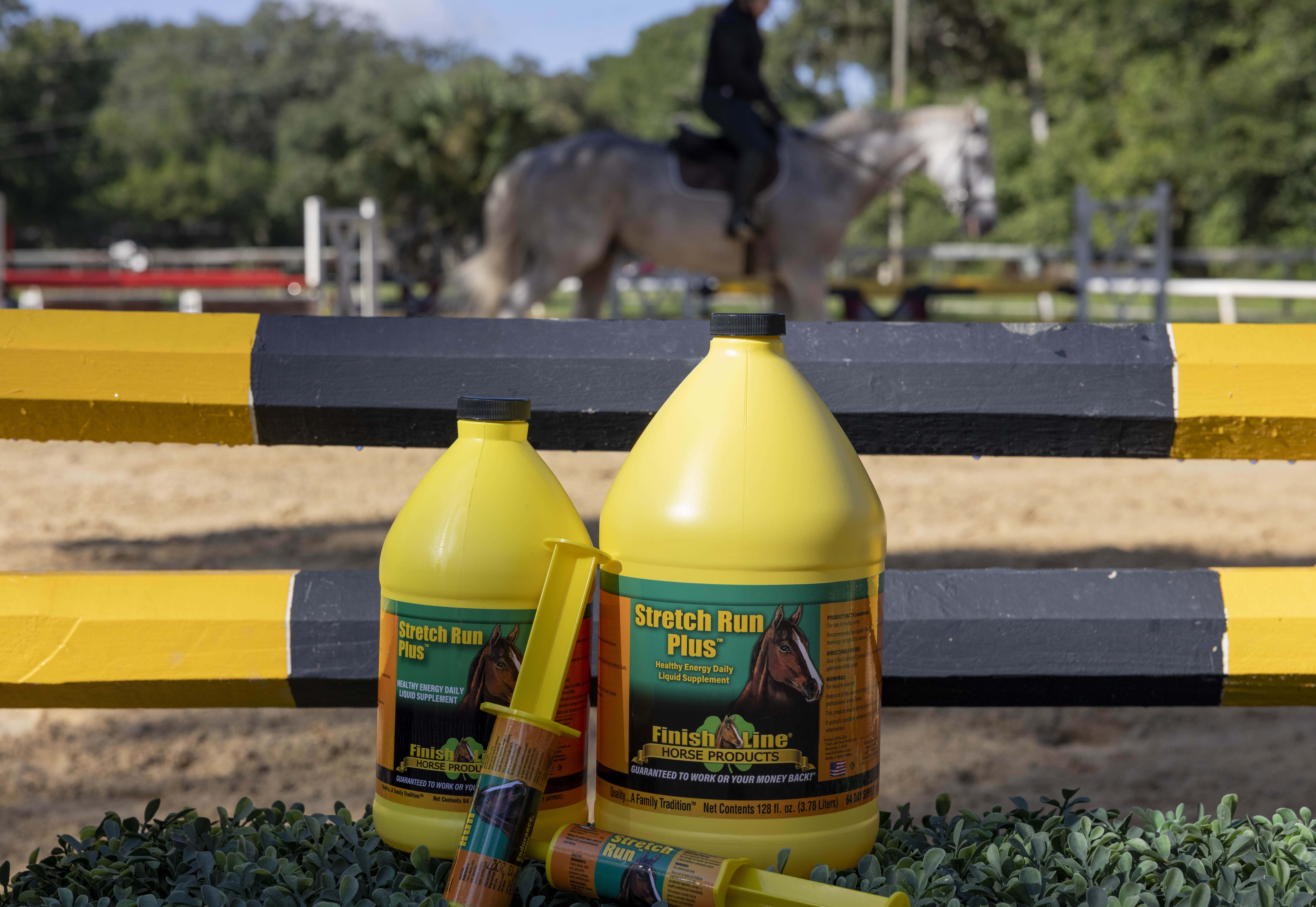You care for your horse by taking it on long rides, keeping it hydrated and feeding it well. Still, something is off. Maybe you’ve noticed your horse experiencing digestive issues or a loss in energy. In addition to a visit from your veterinarian to make sure nothing more serious is going on, it’s wise to examine your horse’s diet and activity to evaluate whether it may be suffering from any nutritional deficiencies. Here’s a guide to understanding equine vitamin deficiencies and what you can do to help your horse stay healthy:
Causes
In general, equine vitamin deficiency can be attributed to a diet that does not fully meet your horse’s needs. Feed composed primarily of poor-quality hay, for example, can lead to vitamin E and K deficiencies, which can result in low energy levels and overall reduced health.
Geography is another contributing factor. Even the best quality grass will be affected by droughts, so horse owners on the West Coast of the U.S. may need to adjust their feed plans during dry times. Those in the Midwest and the East Coast, meanwhile, should look out for selenium deficiencies, as the soil in these areas contain low levels of this vital mineral. As such, the grass and hay grown in this region will also be low in selenium, affecting your horse’s diet.
Commercially packaged feeds help in this regard – different formulas address different needs, which makes them a great addition to a horse wellness plan. However, This is also a reason for owners to pay close attention to their favorite feed formulas and adjust accordingly. Some feeds may not cut it if you’re trying to offset geographical troubles. To check the selenium levels in your geographical area, search “USGS selenium map” and then zero into your state and county.
Signs of trouble
As you interact with your horse each day, keep an eye out for certain symptoms that may be a result of vitamin deficiencies. These include weight loss, diarrhea, low energy levels, teeth issues, a dull coat, hoof troubles, parasites or an increased susceptibility to illness.
It may be tempting to shrug off the sight of a horse’s coat that has gone from shiny to scruffy, or minor weight loss, but don’t be complacent if you see these symptoms emerging. They may not be life-threatening illnesses, but these issues are often a sign of a deeper problem – improper nutrition. Fortunately, vitamin deficiencies can be treated, and often the negative effects can be fully reversed.
Treatment and prevention
Dehydration can lead to intestinal issues and exacerbate any problem your horse may have.
First things first: if you think there may be something serious going on with your horse, don’t hesitate to call the vet. They’ll be able to tell you whether an issue needs medical attention or whether this is something you can handle on your own.
If your horse is suffering from vitamin deficiencies, start at the root of the problem: your horse’s diet. Make sure your horse always has access to a fresh supply of water. Dehydration can lead to intestinal issues and exacerbate any problems your horse may have.
Then there’s the issue of feed – a combination of dry hay and fresh forage is good for horses, but a feed specially formulated to improve horse health can be helpful. Do a bit of research into your horse’s feed – fresh is best, as is one that provides vitamins that horses often lack, including vitamins E, A and K, all of which contribute to overall wellness and longevity.
You can also use supplements to give an added healthy boost to your horse’s diet. Finish Line offers a number of feed supplements that promote health and can give your horse the vitamins they need. Some supplements will boost vitamin B levels, which can help calm a nervous horse, while iron supplements will address anemia and vitamin E and selenium will promote healthy muscle function.
Electrolyte deficiency is also common – electrolytes are lost through sweat, and after a long ride, horses will need to ingest electrolytes such as calcium, sodium and potassium. To replenish these electrolytes and to promote full rehydration after a tough workout, you can administer electrolytes through an oral syringe with products like Electrocharge.
Just as humans develop different dietary needs as they grow, so do horses. Depending on where your horse grazes, soil health in the region and the quality of water they drink, they may need a bit of extra help to get them to peak performance, making supplements a smart addition to any equine wellness plan.








